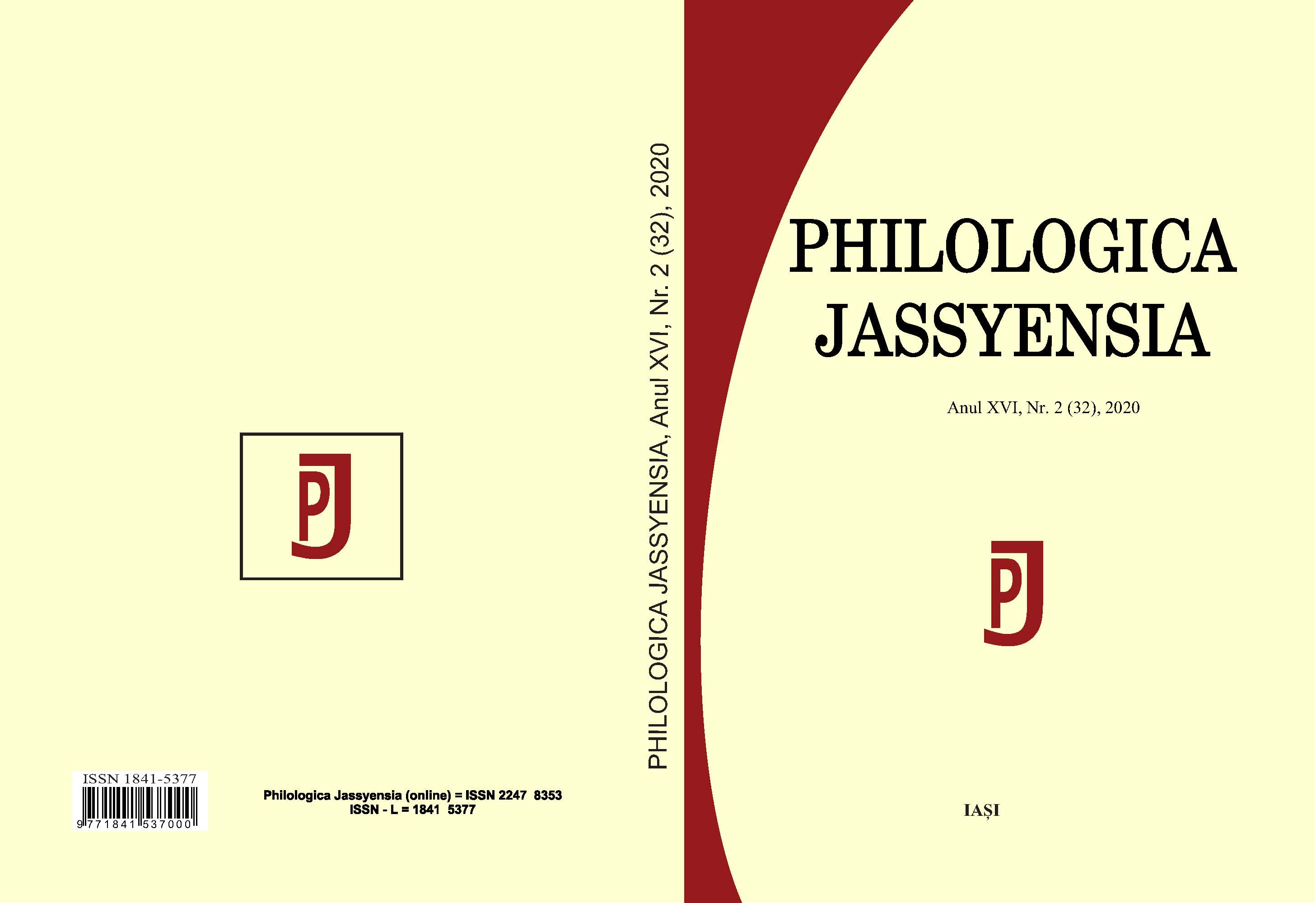Aspecte ale afluxului neologic de origine anglo-americană, din perspectiva traducerii
Aspects of the Inflow of Anglo-American Loanwords, in Terms of Translation
Author(s): Constantin Manea, Dănuța Magdalena PruneanuSubject(s): Foreign languages learning
Published by: Editura Tracus Arte
Keywords: Anglo-American loanwords; Romanian; translation; mass media; domestication; foreignization; solecism; standard; globalization;
Summary/Abstract: The authors’ aim was to revisit a few aspects, as well as some types of observations concerning the phenomenon of massive penetration of the Anglo-American lexicon into Romanian, which were also addressed in some of their previous papers. In this article, emphasis is placed on the reality of translation, as a vehicle, and a linguistic and cultural mechanism by means of which such Anglicisms are taken over. The authors did not intend to insist on the normative perspective, which they dealt with only in a collateral manner, as a matter of principle. Instead, a perspective on the strategies of translation (cf. L. Venuti) was addressed, which can be subsumed into the opposition between domestication and foreignization – in keeping with which the penetration of many “barbarisms” in Romanian (with results that are more than evident in the Englished neologistic vocabulary used in thousands of texts, especially in the sphere of the media and in the webosphere) can be assimilated with the latter option – i.e. it can be (also) considered a matter of strategy, thus a conscious choice. Numerous examples were provided, excerpted from the authors’ remarks and notes over the years, based on corpora consisting of own selections from various linguistic material, while, in parallel, it was argued that, as often as not, these results unfortunately prove to be (also – or especially) a matter of competence. In other words, it is ignorance that urges the (superficial, hasty or poorly trained) translator to provide versions that are simply wrong – at least in terms of the linguistic standards or norms in force –, many of them representing cases of semantic ambiguity, nay even involuntary humor –, or else real “howlers”. Despite the general belief that language standardization should enjoy a tolerance of a cultural, and also human type, indiscriminately and unwisely introducing some neologisms which prove to be, after all, mere barbarisms, is tantamount to speaking and writing with words that actually do not (yet) exist in our language. Of course, the fact, which can be easily seen, that the linguistic sensitivity of the average Romanian speaker has declined to a great extent is worrying – and therefore many quite recent Anglicisms arising through loan translation are virtually accepted unreservedly. We believe that the illustrations provided in this paper will be likely to give a rather detailed, though naturally limited, picture of the role of translation (not necessarily literary translation – and often not admitted as such), within the complex and intense process, manifested especially in recent decades, amounting to enriching Romanian both lexically and semantically, based on Anglo-American sources, in the wider context of the growing linguistic and cultural globalization in today’s world.
Journal: Philologica Jassyensia
- Issue Year: XVI/2020
- Issue No: 2 (32)
- Page Range: 273-280
- Page Count: 8
- Language: Romanian

